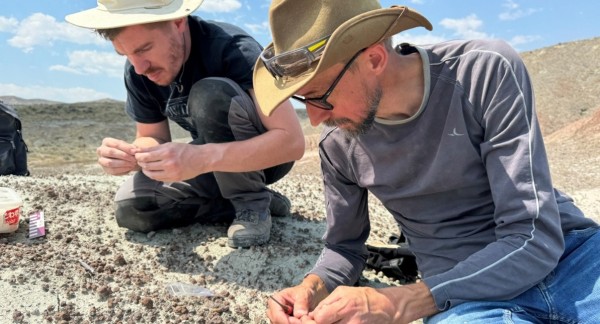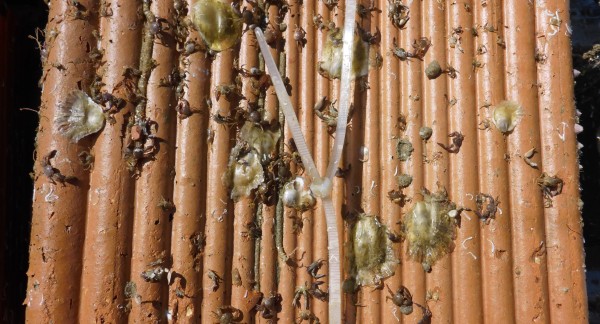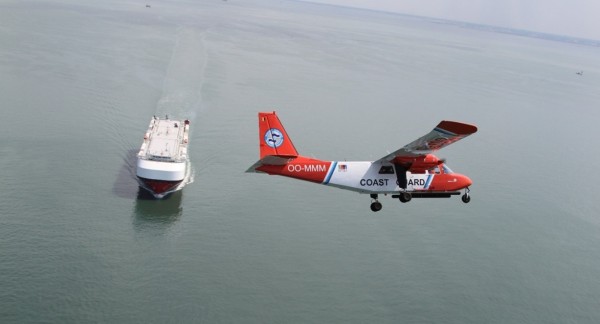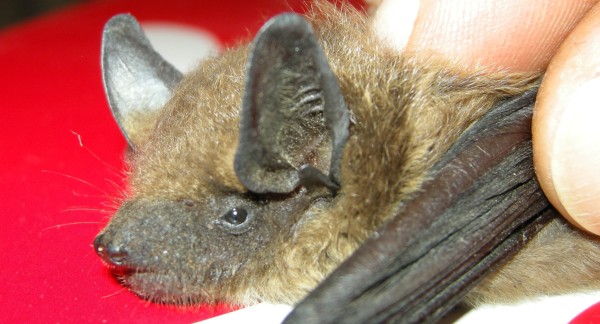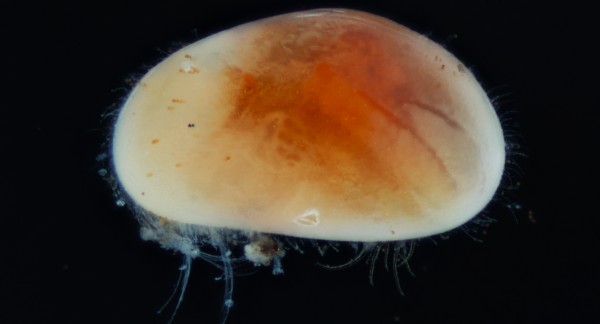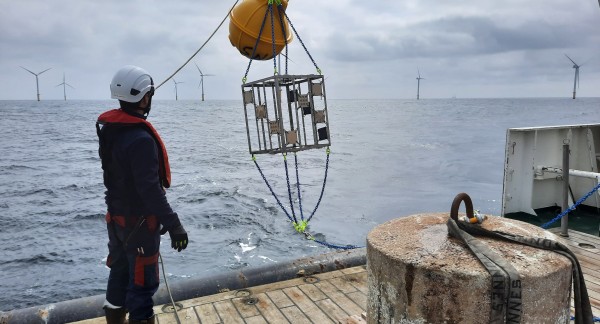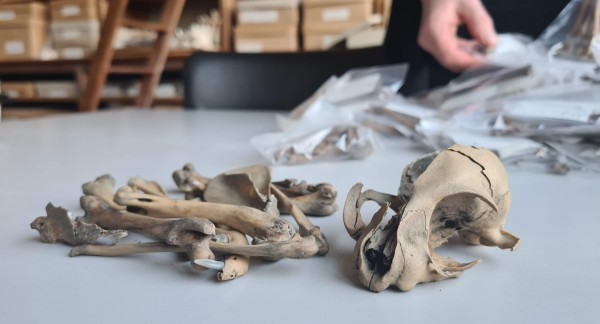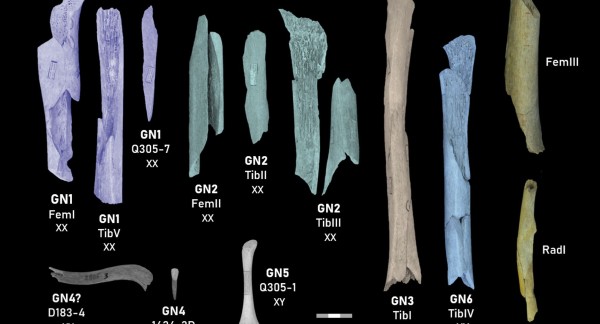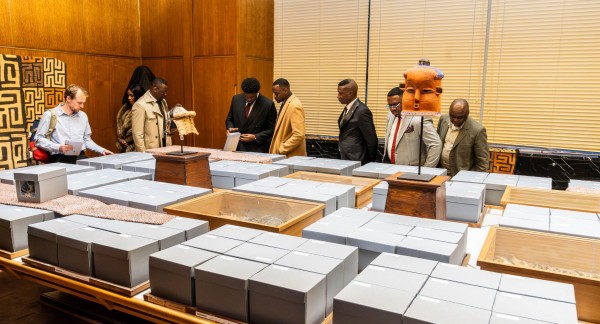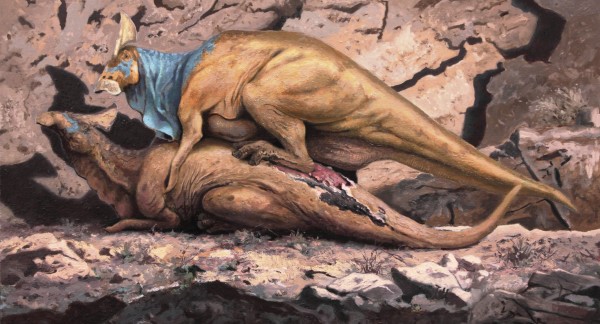News
Palaeontologists redraw the evolutionary tree of horses
13/01/2026
Palaeontologists from our institute have redrawn the evolutionary tree of horses and their close relatives. Based on an in-depth comparative study, they conclude that the first horses appeared at least 5 million years later than previously thought, approximately 50 million years ago.
Promising early results for Belgium’s oyster reef restoration
07/01/2026
Researchers from the Institute of Natural Sciences confirm the survival and growth of juvenile European flat oysters introduced in July 2025 as part of the BELREEFS project. The results of the first monitoring campaign evidence a promising start for Belgium’s offshore restoration of European flat oyster reefs.
Black carbon emissions from ships measured
22/12/2025
Black carbon emissions from ships in the southern North Sea were surveyed. The preliminary results show that these emissions are higher than previously assumed.
Online sound archive centralizes Belgian bat sounds
17/12/2025
Researchers and nature enthusiasts can now listen to nearly two million Belgian bat recordings through the Digital Animal Sound Archive. The platform supports scientific research and stimulates environmental impacts analyses and policy development.
Bacteria in the ovaries of ostracods may steer their reproduction
11/12/2025
10 years of EMBRC Belgium: Driving force for innovation in marine research
10/12/2025
On December 9th, the tenth anniversary of the Belgian branch of the European Marine Biological Resource Centre was celebrated. Over the past decade, the initiative has significantly strengthened access to high-quality research infrastructure, expertise, and international collaborations.
The domestic cat only arrived in Europe 2,000 years ago via North Africa
28/11/2025
Cannibals targeted Neanderthal women and children
26/11/2025
Neanderthal bones from the Goyet caves (Namur Province) show traces of cannibalism. A 2016 study had already demonstrated this, but it now appears that all the victims were women and children. Moreover, they did not come from the Goyet region but were brought there and then consumed.
A tribute to Congolese ancestors preserved in the Institute's collections
25/11/2025
Mating injuries as clues to recognize female dinosaurs
04/11/2025
